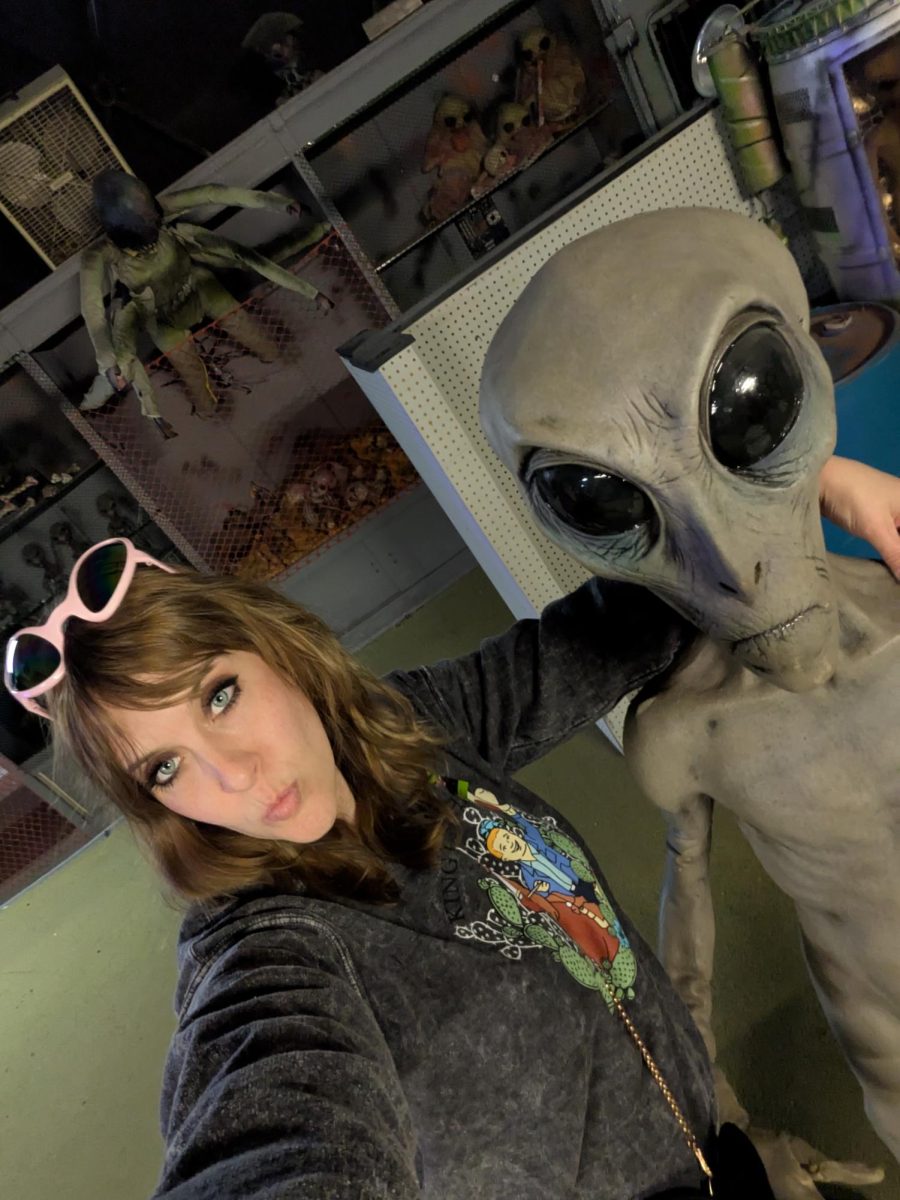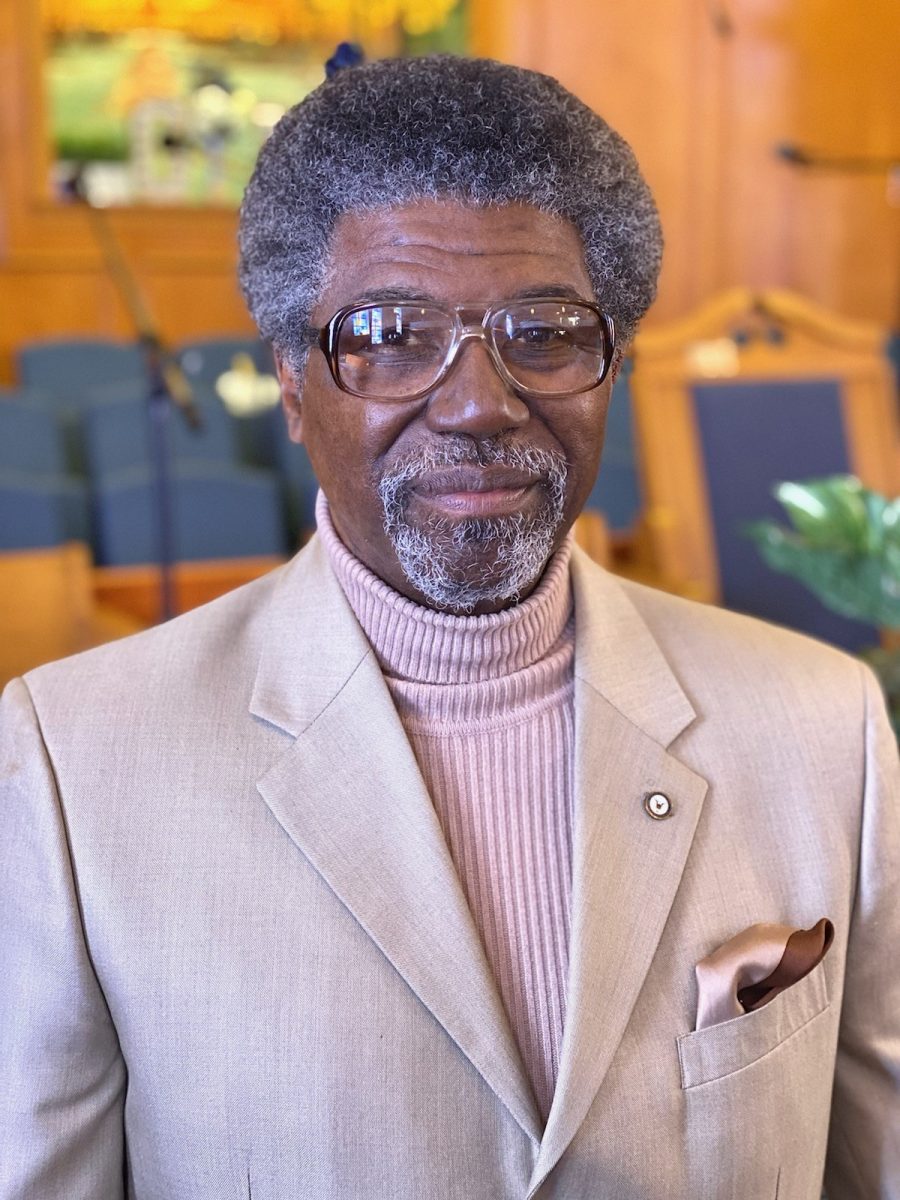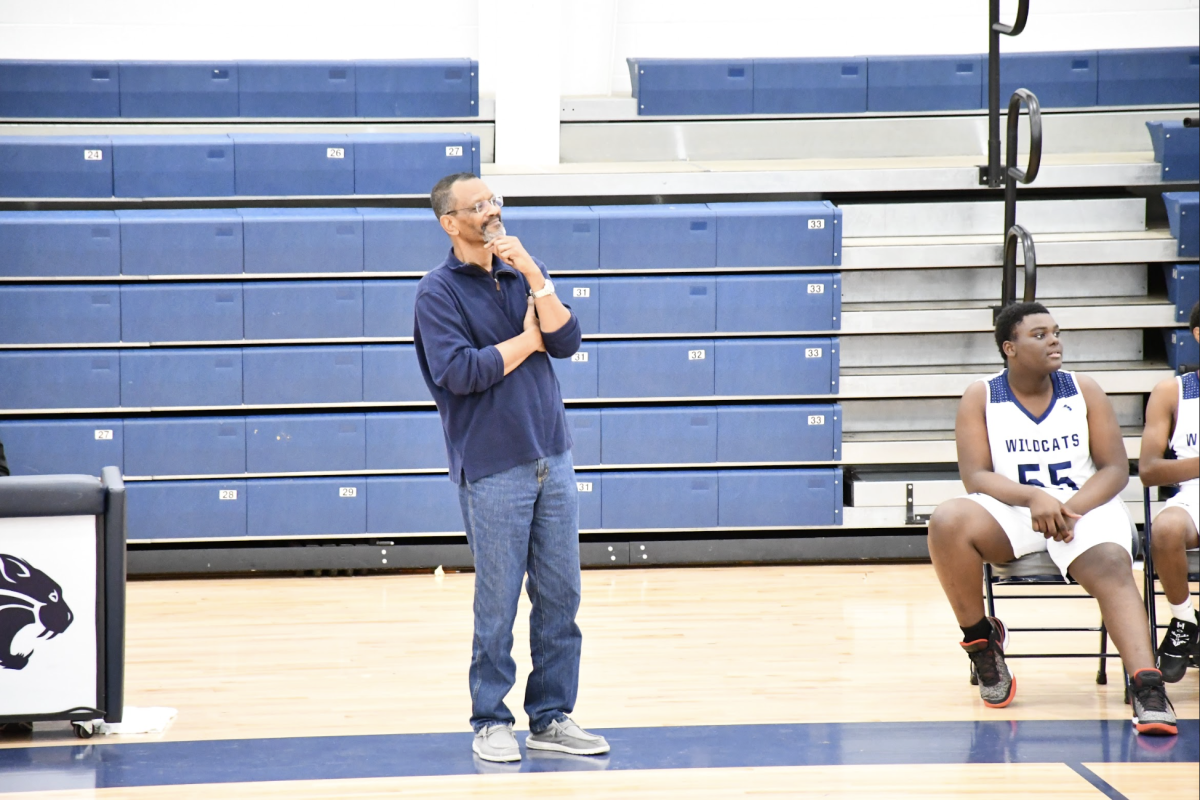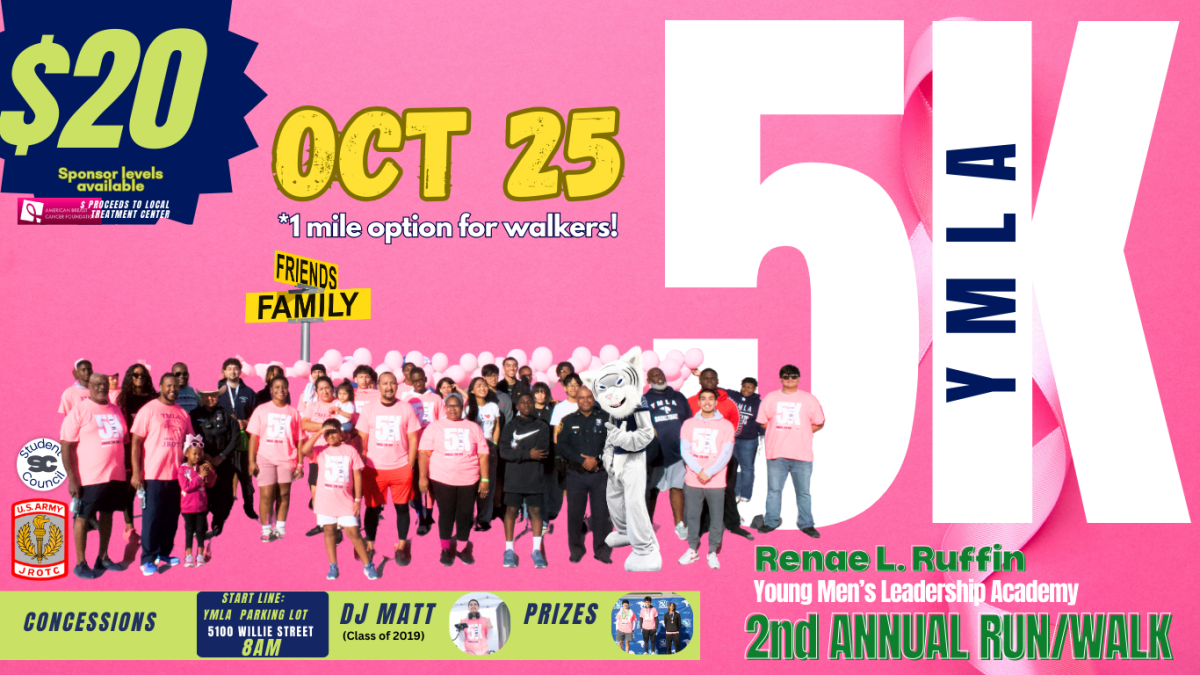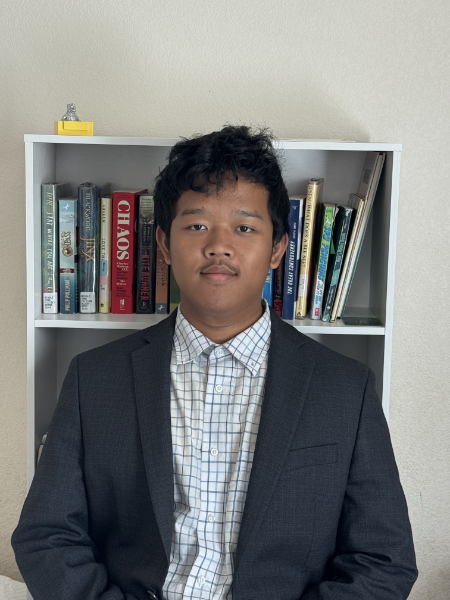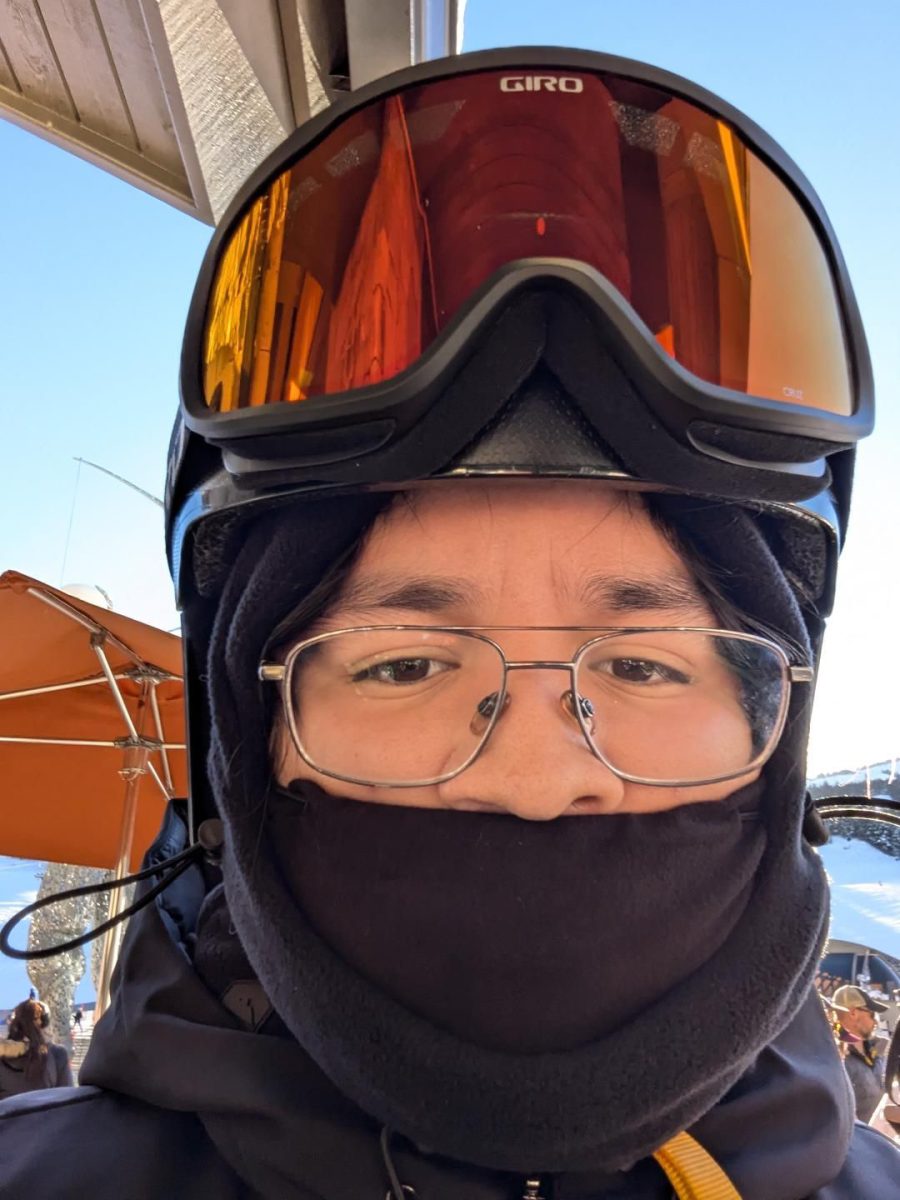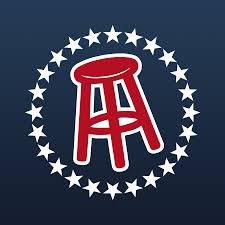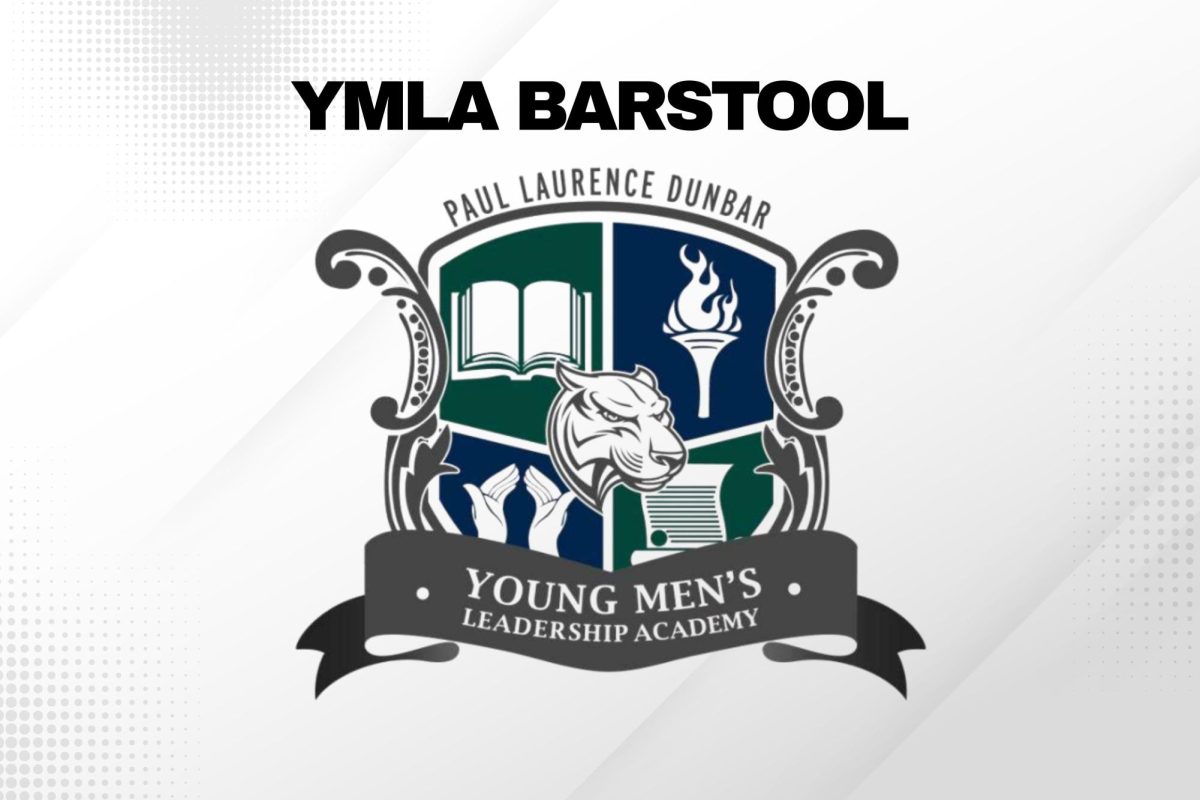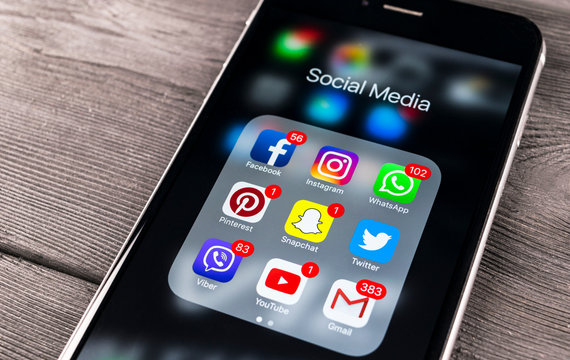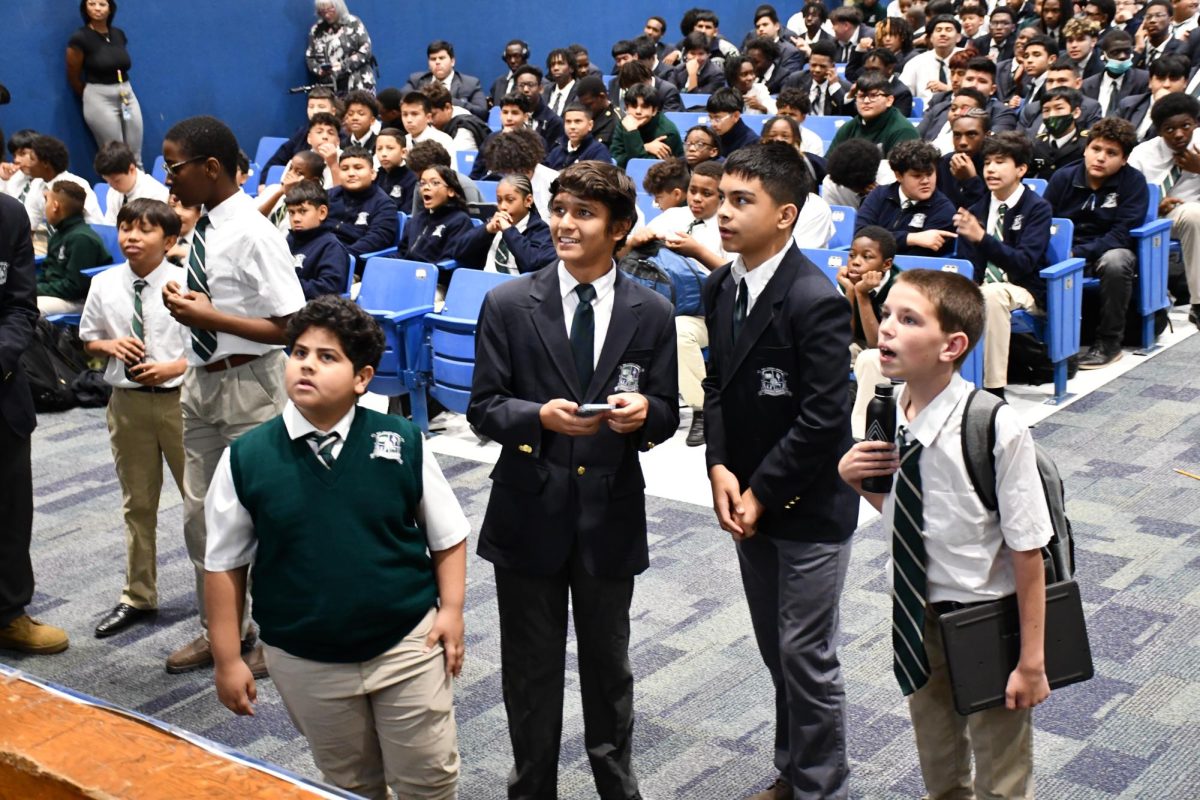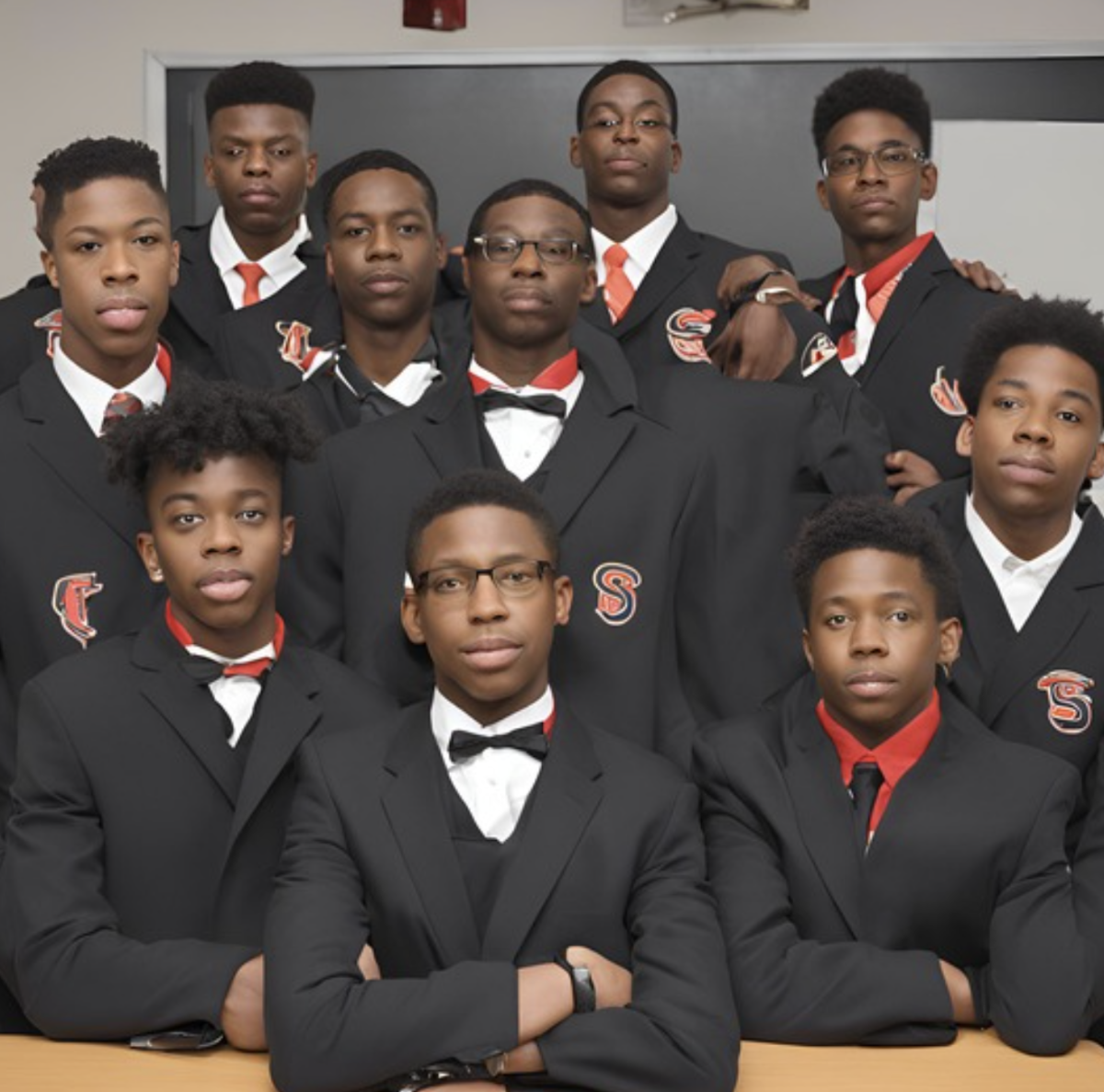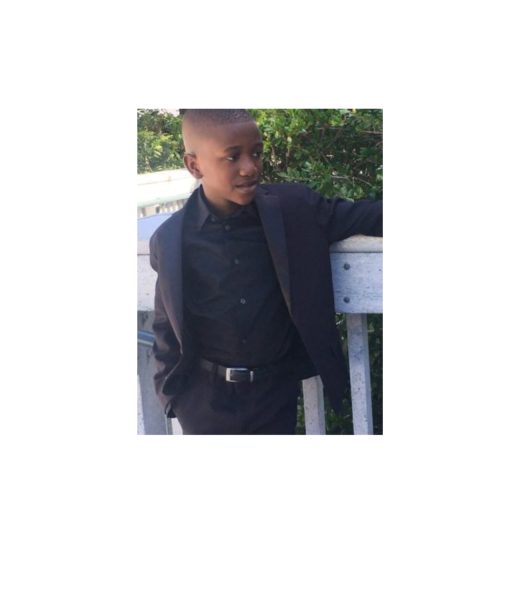The Bigger Picture
Last week, several tragic events occurred across the country that have affected communities and sparked many conversations about safety. On September 10th, Charlie Kirk, an American conservative political activist, was killed during a public rally event at Utah Valley University. Earlier that day, a serious incident at a motel in Dallas, Texas, resulted in the death of an employee over a machine, and later, a school in Colorado experienced a shooting that left students injured and the student involved deceased. These events have started many debates and arguments amongst communities and online. I want to be clear here: no one deserves to be harmed or killed. Violence is always a tragedy, no matter who was involved. Instead of focusing on blame, it’s better to think about the bigger issues, like safety, mental health, and the people it has affected, starting with how the events unfolded during Charlie Kirk’s rally.
Charlie Kirk was best known as the founder of Turning Point, a conservative nonprofit organization that focuses on engaging young people in politics. He spoke a lot at colleges and political events across the country and had built a large following online. Keep in mind: Charlie was NOT a politician, he was a political activist who only used his voice to spread the things he thought about, he had no real physical influence on the outcome of things. That being said, his death at Utah Valley University shocked supporters and critics, and it has raised conversations about gun violence. In my honest opinion,

There are many quotes being shared online that have been taken out of context about him. For example, one of the most popular is “I can’t stand the word empathy, actually. I think empathy is a made-up, new age term that — it does a lot of damage.” Many people are using this quote to argue that we should not feel sorry for Charlie and his family. However, if they actually took the time to look up the entire segment of that quote, they would see that the full statement says, “I can’t stand the word empathy, actually. I think empathy is a made-up, new age term that — it does a lot of damage. But, it is very effective when it comes to politics. Sympathy, I prefer more than empathy. That’s a separate topic for a different time.” The context of this is that he believed you can never truly feel what someone else is experiencing, which is why he argued that sympathy is a better word to use. I agree that Charlie did have many opinions I disagreed with, but he was still a human being, a life that was taken from this world. I hope all of you can open your eyes to see that. His death was one of several tragedies that unfolded that same day, including the killing of a man in Dallas.
That morning before Charlie Kirks’s event, a serious incident occurred at the Downtown Suites motel in Dallas, Texas. Chandra Mouli Nagamallaiah, a 50 year old motel manager was fatally attacked by his coworker, 37-year-old Yordanis Cobos Martinez, during a dispute over a broken washing machine. The surveillance showed that Cobos, who had a disturbing history of violence in the U.S, used a machete and chased Nagamallaiah around the mall. Nagamallaiah tried to reach the front office where his family was, but was ultimately caught. He was beheaded in front of his family
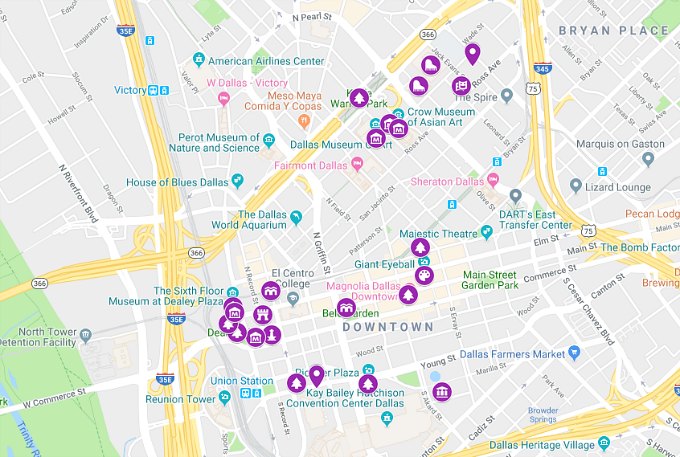
Cobos threw away the head and then was caught by police. This raises important questions about how we manage individuals with serious criminal histories and how they can improve safety measures to prevent tragedies like this.
Around the same time Charlie Kirk was shot, Evergreen High School in Colorado experienced a tragic incident involving a student who opened fire on campus. Two students were injured during the event, and the student responsible later died from self inflicted injuries at the scene. The authorities acted very quickly, the student and staff followed regular lockdown procedures that helped prevent further injuries. The school and community around them have been trying their best to provide with therapy and counseling.
While the tragedy in Dallas definitely highlighted concerns about safety and community protection, another tragic event occurred on the same day in Colorado, when a student at Evergreen High School was involved in a shooting that injured classmates and ended with the death of the student, further showing how widespread the impact of violence was on September 10th.

This incident, along with the incident of the Charlie Kirk assassination, and the beheading of Nagamallaiah in Downtown Dallas shows the impact of violence and the importance of mental health and safety in our society. This shows that violence is not tied to one race or identity, but can come from individuals across all backgrounds when deeper issues like instability, or unchecked histories go unaddressed.
The tragic events that happened on September 10th are a reminder of how quickly things can be shaken by violence. In just one day, lives were lost, families were broken apart, and entire towns were left dismayed. These tragedies leave behind not only grief, but also questions about safety, mental health, and how we can better protect one another. When reflecting on this loss, it’s impossible not to think of the feelings carried into the next day, September 11th. Every year, that date serves as a national day of remembrance for lives taken far too soon, and it has shaped how Americans understand resilience. While the circumstances of September 10th and September 11th are different, they both remind us that violence and loss, whether personal, local, or national leave deep scars. In both cases, the most important lesson is the same: we must come together, support one another, and remain united in times of sorrow. Past experiences leave marks, they don’t define our future. Despite facing tragedies, we have the resilience to move forward and heal.

